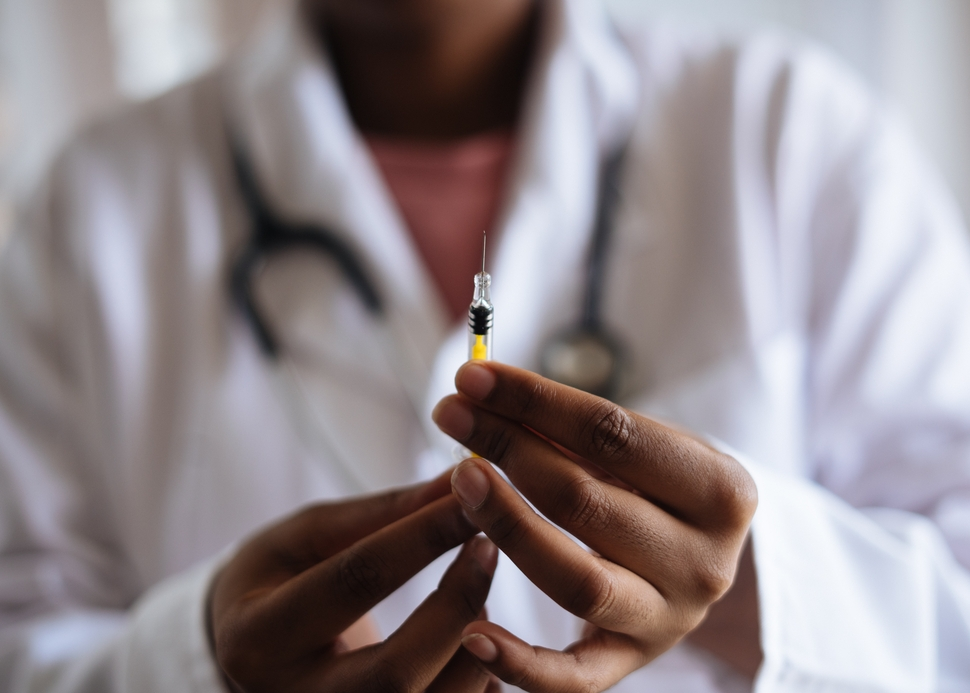
The Latest COVID-19 Vaccine Candidates
Jul 30, 2020Many researchers around the world have turned their focus towards ending the global pandemic by the introduction of a vaccination. A lot of different research organizations all share this common goal, and we have selected some potential candidates to share with you.
Candidate: Bacillus Calmette-Guerin (BCG) live-attenuated vaccine
Institution: University of Melbourne and Murdoch Children’s Research Institute; Radboud University Medical Center; Faustman Lab at Massachusetts General Hospital
Phase: 2/3
This particular vaccine candidate has an interesting history, as has been indicated to prevent tuberculosis in high risk patients. It has also been implicated in helping to combat other infections by boosting the immune system. In 2017, the WHO reported the BCG vaccine may be effective against leprosy and other mycobacterial infections. Some papers found the BCG vaccine prevents acute respiratory tract infections in elderly participants. A non-peer reviewed paper published in March 2020 on medRxiv suggested that countries who offer BCG vaccination programs for children are managing better in the fight against COVID-19 when compared to countries that do not offer BCG vaccinations in childhood.
This vaccine candidate is entering a Phase 3 “BRACE” trial with up to 10 078 healthcare workers in hospitals in Australia as participants. Researchers in the Netherlands have already begun a parallel BCG study on 1500 healthcare workers. This vaccine is a live-attenuated strain of mycobacterium bovis, Danish strain 1331. Randomly selected participants will receive 0.1mL of the vaccine, which will contain 200000-800000 colony forming units.
Candidate: Inactivated Vaccine
Institution: Henan Provincial Centre for Disease Control and Prevention
Phase: 3
Research for “Inactivated Vaccine” has taken place at Sinopharm and the Wuhan Institute of Virology under the Chinese Academy of Sciences. The inactivated vaccine contains nonliving virus particles not capable of causing infection, but can still stimulate the immune system to generate a response. Their sample consists of 1120 healthy individuals age 18-59. In Phase 1/2 trials, the vaccine has shown a strong neutralizing antibody response, with a 97.6% seroconversion rate for participants who received two medium-sized doses at days 14 and 21, and a 100% seroconversion rate for participants also receiving doses on day 28. No adverse reactions occurred during this phase of the study. Phase 3 is now being conducted in the United Arab Emirates.
Candidate: CoronaVac
Institution: Sinovac Research and Development Co., Ltd.
Phase: 3
Formerly PiCoVacc, this formalin-inactivated and alum-adjuvanted vaccine candidate has shown “partial or complete” protection when tested in macaques (a genus of Old World Monkeys). In Phase 1, 142 healthy participants were enrolled, and in Phase 2, 600 participants were enrolled. No serious adverse effects were exhibited. Sinovac reported a neutralizing antibody seroconversion rate of over 90%. A Phase 3 trial is now being conducted in collaboration with Instituto Butantan in Brazil, with plans to enrol about 9000 participants in the study.
Candidate: AZD1222
Institution: The University of Oxford, the Jenner Institute
Phase: 2/3
The Oxford Vaccine Group at the University of Oxford are working on developing a COVID-19 vaccine candidate known as AZD1222, named after a chimpanzee adenovirus vaccine vector. This is the same group that previously developed a MERS vaccine.
This vaccine candidate has induced both humoral and cellular immune responses in mice and pigs. This study has four treatment arms in Phase 1/2: a single dose AZD1222; a single dose of MenACWY, a meningococcal vaccine; AZD1222 and a booster at four weeks; AZD1222 or MenACWY together with 1g of acetaminophen every 6 hours for 24 hours. This trial is currently active, however, preliminary results show that most patients demonstrate an antibody response after one dose, and all patients exhibiting a response after two doses.
In Phase 2/3, 10 000 healthy adults will be participating to assess how the vaccine does across a broad range of ages. For Phase 3, approximately 30 000 participants will be recruited and a paediatric trial will also be conducted.
Candidate: Corona Virus-Like Particle (CoVLP)
Institution: Medicago
Phase: 1
Medicago is a biopharmaceutical company based out of Quebec City, Canada. Their COVID-19 vaccine study is in Phase 1 trials, administering the first doses on 180 healthy adult human participants. They hope to begin Phase 2/3 in October 2020. They are also testing two adjuvants, which can be particularly useful during a pandemic as an adjuvant boosts the immune response and reduces the amount of antigen required per dose, allowing more vaccine doses to be produced in a shorter period of time. They are testing GSK’s proprietary pandemic adjuvant technology and Dynavax’s CpG 1018 along with their vaccine.
This vaccine candidate is very unique as they use plant based propagation instead of egg-white based, diversifying the pool of COVID-19 vaccine candidates in development. Medicago expects to be able to produce 100 million doses by the end of 2021. By the end of 2023, the construction of Medicago’s large-scale commercial facility will be completed, and will be capable of producing one billion doses of the vaccine annually.